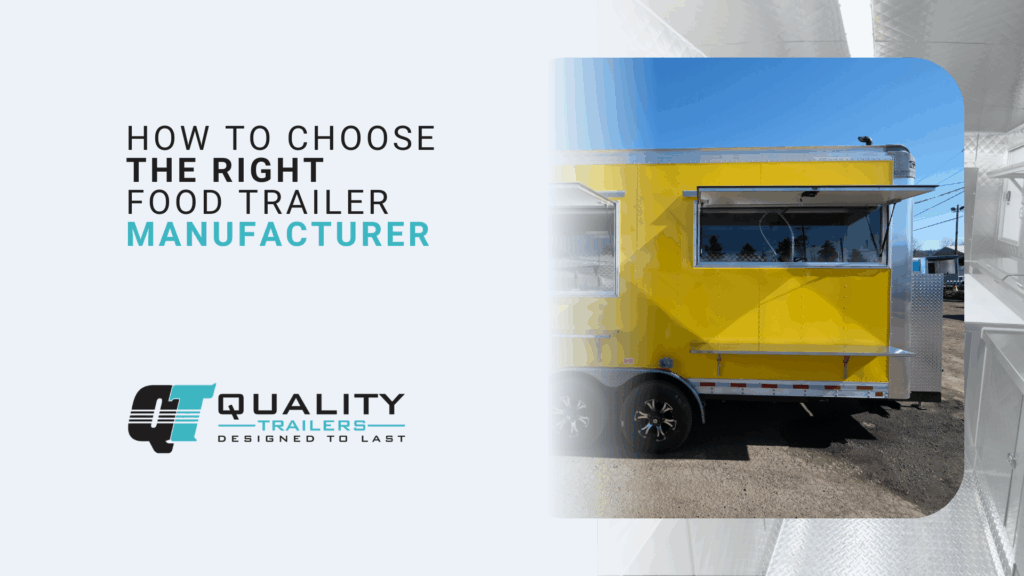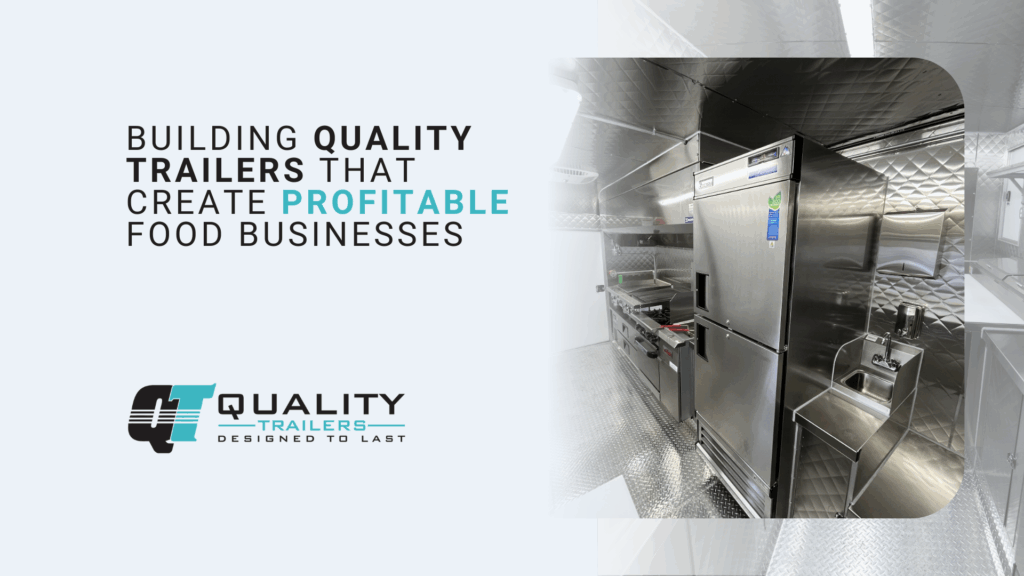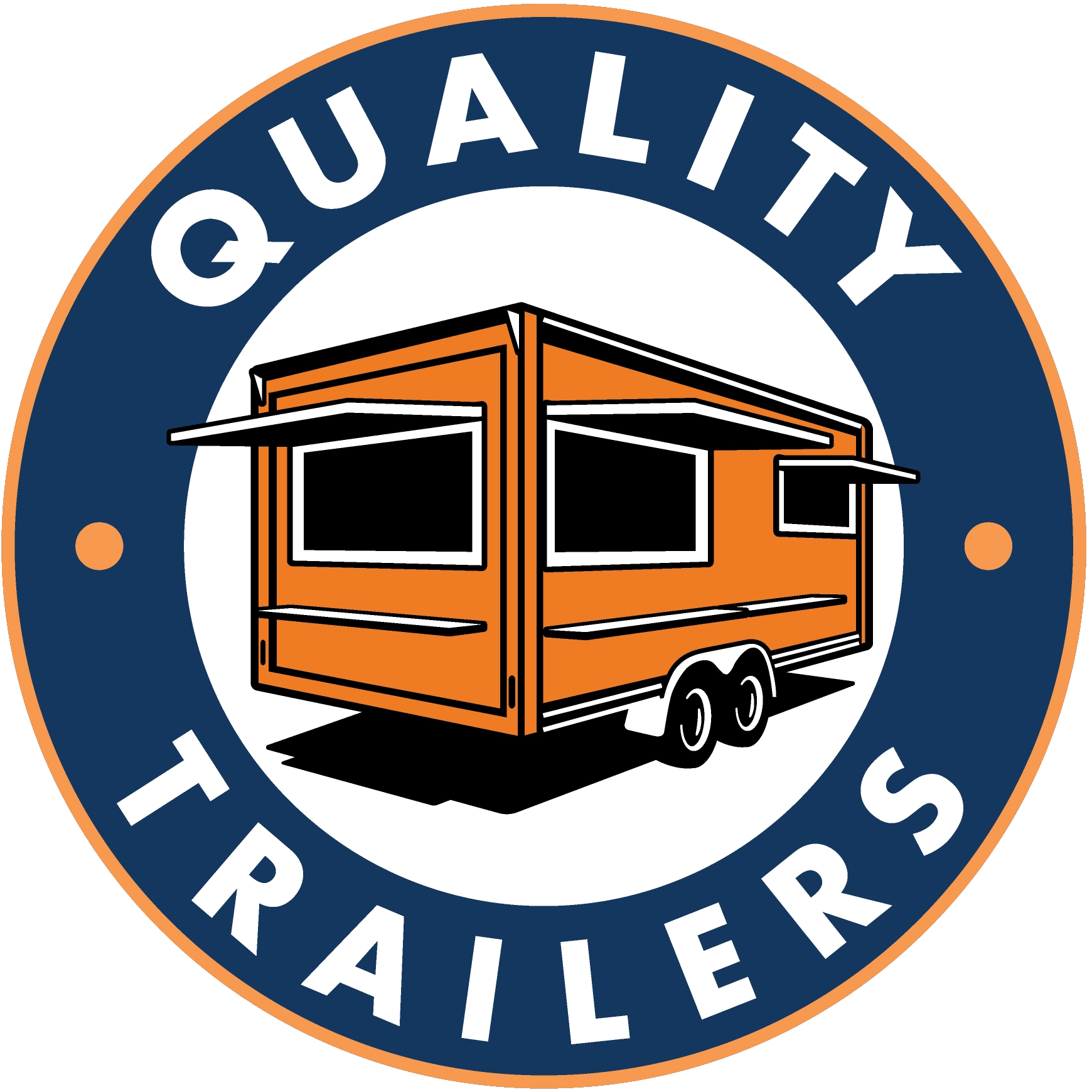How to Choose the Right Food Trailer Manufacturer

Selecting the right food trailer manufacturer represents one of the most critical decisions in launching your mobile food business. This choice impacts not only your initial investment but also your operational efficiency, long-term maintenance costs, and ultimately, your business success. The difference between partnering with an experienced, reputable manufacturer and choosing based solely on price […]
Building Quality Trailers That Create Profitable Food Businesses

Starting a mobile food business requires careful planning, creativity, and most importantly, the right equipment. A quality food trailer built to your specifications serves as the foundation for successful food entrepreneurs across the country. These custom built mobile kitchens provide the perfect balance of functionality, mobility, and brand presence that can help transform culinary dreams […]
